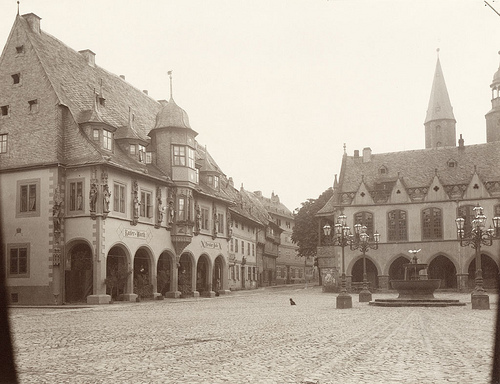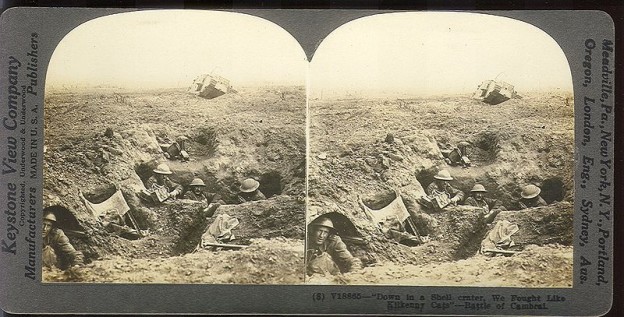I will invariably get a few questions about how I would teach modern European history as a professor. To prepare for these types of questions I wrote down (actually, I typed them all in, no pencil or paper used 🙂 ) the three nations I’m looking at and some themes, events, and books I would like to use in a course. I struggled with which people, if any to focus on.
A theoretical question I could be asked is: Say you have to teach a course on (Modern England, Modern France, Modern Germany, Modern Europe, World Wars in Europe, etc). What themes, events, people would you focus on and what books would you include? What would be the layout of the course?
I focus on individual countries below, and for a general European course, I would just draw from each of the countries. The books I pull from are only the ones on my Orals reading list. I would most likely supplement with other books after doing some research if I were really teaching a course.
Another thing to keep in mind, is that I probably would never just go chronologically through a time period to hit big events and “important” people. History is very subjective. We look back on events and information with a certain set of “filters” on. For example we view Germany with political filters, focusing on governments and politicians. Or we may focus on France with cultural filters, looking at food, society, entertainment and arts. It’s impossible to get a full picture or sense of the past. Just as it’s impossible to gain a full sense of the present. There’s just too many people, too many viewpoints, too many sides to the same story, and too many filters to encompass everything. What’s the point, then? The point is to do what we can. Find what interests you and study the past through that filter. There’s nothing wrong with learning about one slice of the pie, as long as we don’t think our slice represents the whole thing. With that said, then, I would probably pick a few themes and have the books, discussions and (unless totally unavoidable) lectures focus on those themes. See the very bottom of this post for a couple of teaching ideas.
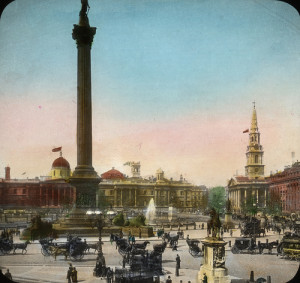
England
Themes:
Industrial Revolution (political and economic changes), gender issues, education and society (state vs individual), nationalism, modernization, imperialism
Events:
Industrial Revolution
Chartists
Imperialism (changes)
Boer Wars
WWI – inter war – WWII
post-WWII
People:
Books:
Thompson, E. P.: Read sections to show the idea that class was created through Industrialization. Shows argument about quality versus quantity, and averages dilute the results.
Berlanstein: shows importance of Industrial Revolution and the different ways historians view the past based on present circumstances. Shows how historical works are influenced by current situations.
Thompson, Dorothy: Shows the beginnings of political uprisings supported by the common people.
Davidoff & Hall: Shows the beginning of the Victorian ideals, the separation of men and women spheres, and the “traditional” gender roles. Gender and economy seen to influence each other (gender roles determined by occupation, work and public sphere influence gender roles).
Porter: A good look at imperialism/British colonialism, the change from economical to ideological. Shows colonialism as a European power struggle. Addresses the masculinity of imperialism and fears in rise in feminism (Boer Wars)
Mandler: Brings up issue of state control versus individual liberty and accountability.
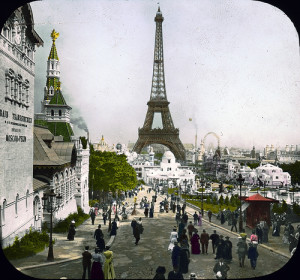
France
Themes:
Political revolutions, class changes, colonialism, gender, religion, memory, nationalism, antisemitism
Events:
French Revolution
Political changes through 1870 (republics, monarchies, and empires)
Third Republic
Colonialism
Dreyfus Affair
WWI – interwar – WWII
Fourth Republic
Algeria
Fifth Republic
People:
Napoleon, Dreyfus, de Gaulle, Petain,
Books:
Ford and Weber: compare different ways of looking at nationalism in France. Bottom-up and Top-down show many ways and nationalism was sculptured.
Hazareesingh: Argues that concepts of citizenship and a weaker state government were first established during Second Empire, rather than in Third Republic. Sources based on elite writings, so it shows what they wanted, not necessarily what happened, since there was much restriction of local governments and individual rights.
Nord: Unique way of looking at how Third Republic lasted so long, not how it could end in Vichy. Shows how Third Republic implemented political ideas that Hazareesingh shows the Second Empire wanted to use (decentralized govt., create sense of citizenship, etc). Shows building of “traditional” Victorian ideals about gender, public/private spheres, middle-class bourgeois life shaped by and influenced politics in France.
McManners: to show the decline in religion, the issues of church and state (infalibility of pope)
Forth (or other book on Dreyfus Affair): Discuss why Dreyfus Affair was so influential in France and elsewhere. The issues of antisemitism in places other than Germany, and the masculinity complex in France and Europe.
Prochaska: To show importance of colonies, especially Algeria, to France. Stresses that Algeria was France, so issues there were similar to issues in France. Perhaps also read with Horne about the Algerian wars and end of France occupation to show the story from occupied and occupiers.
Weber: Show the interwar years as decisive in France allowing Nazis so much influence in France.
Paxton and Rousso: Show the involvement of Vichy with Nazis, and the national conundrum that places on French narrative.
Hecht: To address the issue of France dealing with their national image and turning to technology and technocrats as the source of narrative building.
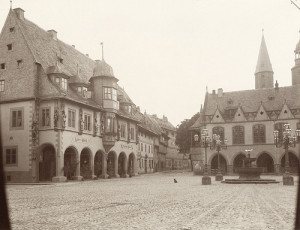
Germany
Themes:
nationalism, colonialism, fascism, religion, memory, antisemitism,
Events:
Napoleon’s unification of Germany
1848 Revolutions
Unification
Imperial Germany
Wilhelmina Germany
WWI – interwar (Weimar, Nazi) – WWII
post-war (Ground zero)
East and West Germany
re-Unification
People:
Bismarck, Wilhelm II, Hitler,
Books:
Kent: Show the unification of Germany and the role Bismarck played in shaping German politics and culture in nineteenth century.
Chickering: Discuss the reasons for WWI and Germany.
Bessel and Gay: Bessel for a traditional account of Weimar, Gay for a look at the social impact.
Allen: Look at the rise of Nazis.
Kershaw: Look at the mythos and sensationalism surrounding Hitler
Koonz: Look at women and their roles in Nazi Germany.
Kaplan: Look at the plight of the Jews in Nazi Germany. Unique look from the bottom up, from the woman and mother’s viewpoint.
Fullbrook: formation and existence of East Germany.
Jarausch & Geyer: How to deal with Germany’s past, and how best to interpret and write history. Also a good book to address methodology, how should historians write, there are too many ways to explain and recount history than just political. OR Koshar for the same reasons, but he focuses on buildings as monuments which provides a tangible reference to the discussion rather than the theoretical discussion by Jarausch & Geyer.
Europe
Themes and events to focus on for European history:
Nationalism is the biggest one. Look at political change, republics, democracies, socialism, and communism.
Decline in religion and the increased reliance in science. Modernization.
Economies of scale. Global markets and capitalism vs socialism vs communism. Role of Industrial Revolution and colonialism, class and gender.
Colonialism/imperialism as economic, political and cultural motivators.
Gender issues. Defining gender in Victorian period, creation of “traditional roles”, affect of industrial revolution and capitalism on changing role of occupations. Changes in legal rights for women and men.
Rise in class consciousness, workers unions, political movements. Failure or success of communist ideals.
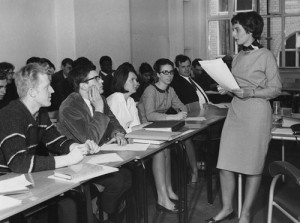
Teaching Ideas
History Filters
Study of history is always dependent upon the “filter” through which you want to look at it. It would be fun to divide the class into sections, and each group take a specific “filter” (gender, culture, politics, economy, class, race, etc). Each group either gets their own reading list or they have to pull the specific themes from a general list. Then each class period, each group takes a turn discussing history viewed through their filter. Have the other groups not presenting write one question before class and one question after for the presenting group to answer about their “filter.” (Questions could be done on a blog.)
Timelines
Have students make a timeline of the time period the class will be studying. Then in the first lecture share what my points are and argue them. Have the students keep their timeline throughout the semester. They will argue their points, especially if they change them, taking ideas from the texts. Final paper is a well argued timeline.
(PS. All images are from Flickr Commons.)
